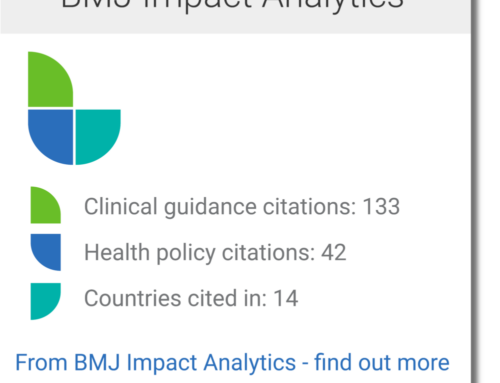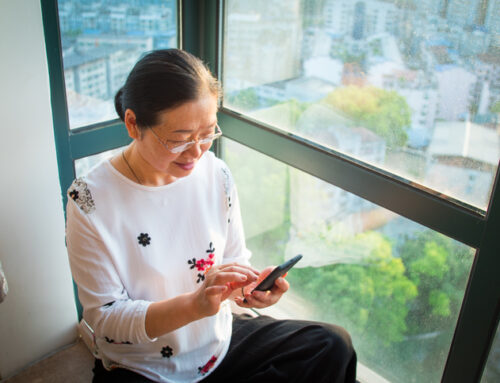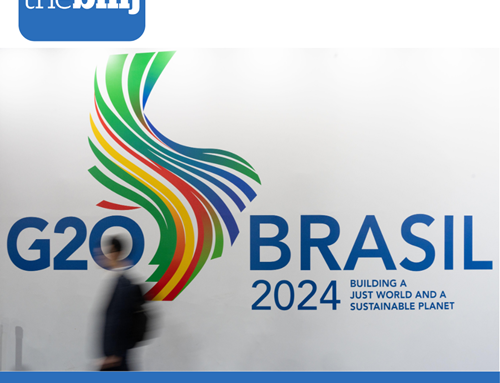Latin America’s global leadership in health
Showcasing Brazil and regional health leadership and opportunities in a G20 presidency year
Luke Taylor reports in The BMJ on the emergence of Oropouche virus and why more vigilance is needed as cases spread in #LatinAmerica and beyond, partly as a result of the warming climate.
In BMJ Global Health, new research sheds light on the unique environment and challenges within the Peruvian Amazon. Claudia Vidal-Cuellar and colleagues examine how Indigenous and official health systems in the Peruvian Amazon are adapting to #climatechange and show the ways that Indigenous knowledge and responses implemented during the COVID-19 pandemic protected health. Their work showcases how the participation of Indigenous communities in health systems is a pathway to increase resilience to emergent hazards like climate change.
And Lisa Woodson & colleagues show the enduring impact of #covid19 on the education and reproductive health of adolescent indigenous girls in the Peruvian Amazon basin, reducing contraceptive use and increasing school abandonment, early unions and adolescent pregnancy.
Why is Latin America so vital? The vibrancy and volatility of the region are a microcosm of the public health issues that dominate the globe today. From epidemics to obesity, the presence of food insecurity and poverty alongside extreme wealth, the shortage of health workers amid political and economic turmoil, and the increasing pressures of climate and environmental change – all these threats exacerbate efforts to advance health and health equity in the region and beyond.
Latin America is also strengthening its global leadership in health: it is a source of growing medical and scientific expertise, drawing on the region’s rich cultures, political histories, and models of social medicine. During the covid-19 crisis, while experiencing some of the world’s worst impacts, Latin American countries developed local capacities, health cooperation, and vaccination policy that will help confront future and endemic health challenges. And the struggle to provide equitable and universal health coverage and rights across growing economic and political divides offers models and solutions that countries the world over could learn from.
2024 is a landmark year for Brazil, which holds the annual G20 presidency, and for the region – and an opportunity to spotlight health being at the heart of building a just world and a sustainable planet. To advance these aims, The BMJ has collected some of our recent articles in key areas, including the politics and decolonisation of health, local innovations and global lessons, and the fight for gender equality and reproductive rights in Latin America.
Go to the collection: https://www.bmj.com/health-in-latin-america. This collection of articles on health in Latin America will be updated regularly. The lead editor is Jocalyn Clark, International Editor, The BMJ. Members of BMJ Group’s regional advisory board for Latin America are here.






